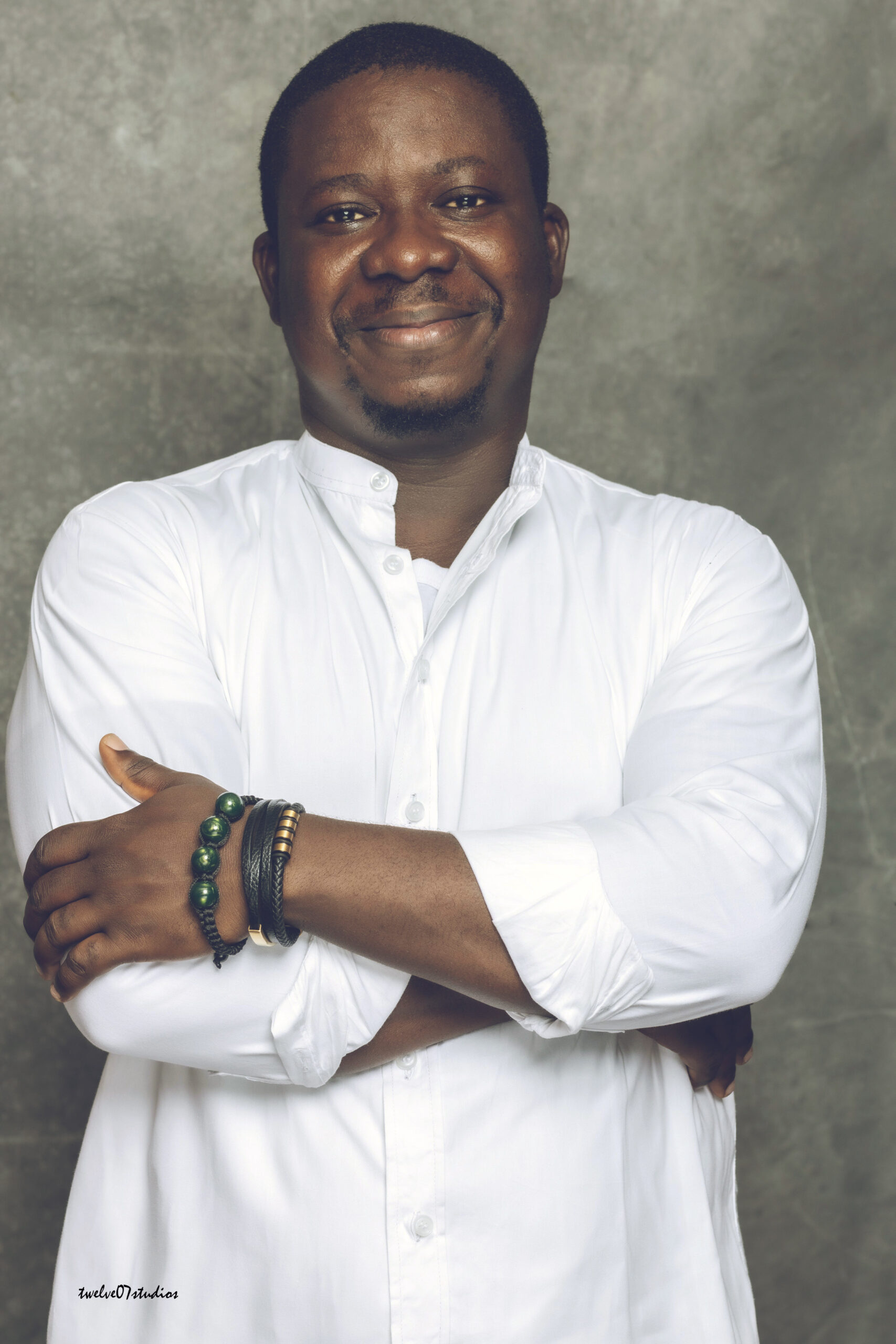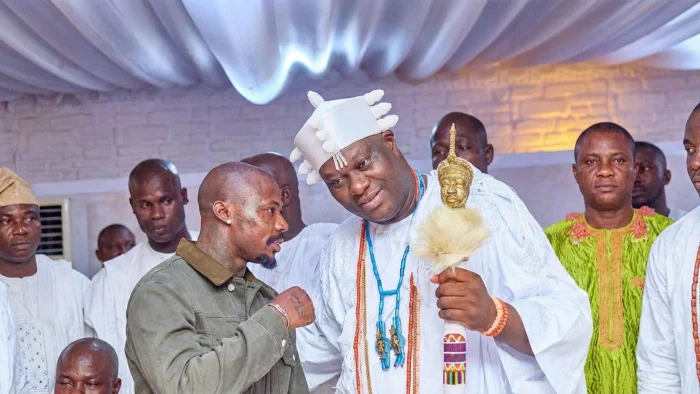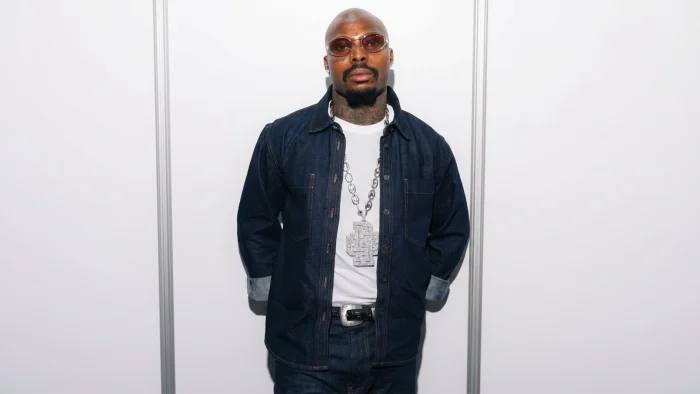A historian and cultural expert, Dr Oludamola Adebowale, has urged Nigerian filmmakers to prioritize qualitative research in historical movies and biopics.
He said many productions lack depth and historical accuracy.
Speaking in an exclusive interview with Guardian Life, Oludamola noted that while Nigerian filmmakers have made progress in storytelling, many rely on Google and Wikipedia instead of consulting archives, libraries, and scholars for authentic information.
He said, “One of the major challenges in Nigeria is the lack of a comprehensive archival system. Important documents and firsthand accounts are not readily available online, which is why filmmakers must go beyond the internet and engage professionals who can provide accurate historical context.”
The historian stressed that proper research should be a fundamental part of pre-production, with dedicated budgets for engaging historians, archivists, and cultural scholars.
READ ALSO: Adebowale’s The Man Who Didn’t Die In The Face Of Tyranny pays homage to Soyinka
He warned that poor research leads to distorted narratives and miseducation.

“Filmmakers are not just entertainers; they have a responsibility to inform and preserve history through compelling and truthful storytelling. Without a structured methodology, we risk distorting history and misleading audiences,” he added.
‘Netflix, Amazon Prime Demand Higher Research Standards’
With more Nigerian history-based films and biopics appearing on streaming platforms like Netflix and Amazon Prime, Oludamola emphasized the need for qualitative research to ensure accuracy and credibility.
He stated that historical filmmaking goes beyond the plot, extending to set design, costumes, language, and mannerisms.
According to him, Nigerian stories are now exposed to global audiences, making it more important than ever to avoid misrepresentation.
“Production houses must understand that qualitative research requires funding. You cannot simply Google facts or rely on Wikipedia. There must be a structured process where historians, cultural anthropologists, and archivists are consulted before scripting even begins,” he said.
He noted that well-researched films could serve as educational resources, providing a blueprint for cultural preservation while enhancing Nigeria’s reputation internationally.
‘History Can Boost Nigeria’s Economy, Identity’
As history makes a return to schools under the new administration, Oludamola noted the importance of a well-structured syllabus in shaping national identity.
He stressed that history and storytelling are not just academic subjects but also tools for nation-building and economic development.
“Nations like the U.S., China, and the U.K. have successfully commercialized their histories through films, books, and digital content. Nigeria must do the same. Properly researched historical narratives can be monetized, creating jobs, boosting tourism, and generating revenue through cultural exports,” he explained.
He called for history to be actively integrated into urban planning, tourism, and national branding, just as countries like Egypt and China have done with their historical legacies.
‘Nigerian Filmmakers Must Reclaim History from Foreign Narratives’
Oludamola urged Nigerian filmmakers to take ownership of historical narratives to reshape the country’s global image. He pointed out that many African stories have been misrepresented in Western media due to a lack of African agency in storytelling.
“If we fail to tell our own history, others will tell it for us—often with biases and inaccuracies. Nigerian filmmakers have a responsibility to counter these misrepresentations by producing research-backed films that highlight our history, resilience, and cultural heritage,” he said.
He encouraged filmmakers to explore other storytelling formats such as documentaries, animation, podcasts, and even virtual reality experiences to make Nigerian history more accessible.
“High-quality, well-researched historical storytelling can boost the local film industry, attract international collaborations, and increase Nigeria’s soft power on the global stage,” he added.
‘History Is Key to Nation-Building’
Stressing the role of history and heritage in nation-building, Oludamola warned that Nigeria risks losing its cultural essence if it does not prioritize historical preservation. He argued that a nation’s consciousness, shared experiences, and collective memory are just as important as infrastructure and governance.
“Our history should not just be preserved for academic purposes but should be actively integrated into our development strategy. Nigerian historical films, cultural festivals, and heritage sites can contribute significantly to economic growth,” he stated.
He urged stakeholders in the film and cultural sectors to see historical preservation as a necessity for national growth, not a luxury.








